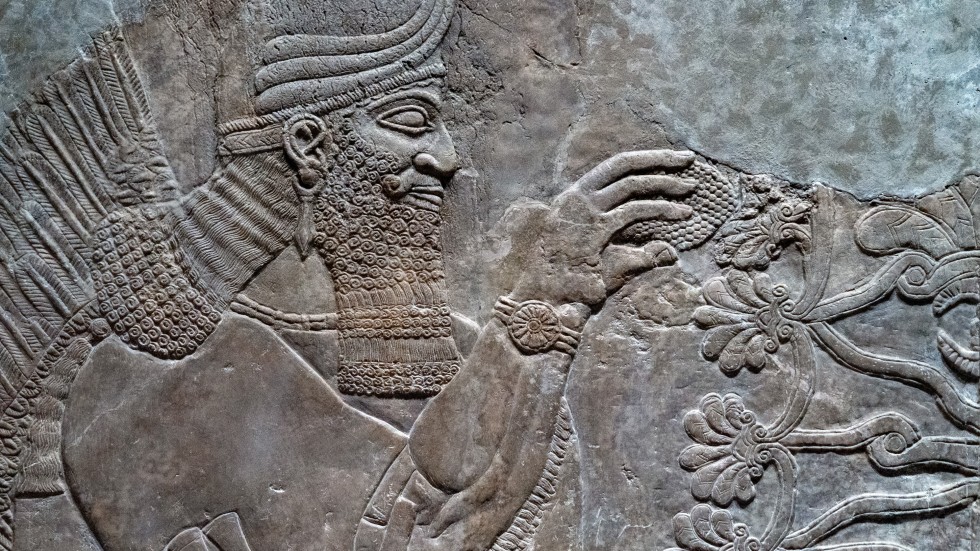Middle Eastern Studies Minor
Middle Eastern Studies at Stonehill draws its strength from its interdisciplinary nature, pulling together the expertise of scholars from various fields, such as religion, literature, history, politics, economics and sociology.

Program Overview
In the Middle Eastern Studies program at Stonehill College, students will combine the study of a language with courses focused on myriad aspects of Middle Eastern life.
Stonehill offers courses in Arabic and Biblical Hebrew. Other languages that meet the program's requirements include Kurdish, Persian and Turkish. These can be studied independently, through an approved program, or through Stonehill's affiliation with nearby colleges and universities in the Southeastern Association for Cooperation on Higher Education in Massachusetts (SACHEM).
A Minor that Enhances Many Majors
Middle Eastern Studies is a minor intended to provide students with a basic knowledge of the people and cultures of the Middle East. The program furnishes a substantial foundation for subsequent specialized study in the field of Middle Eastern politics, history, language and culture.
The Middle Eastern Studies minor is well-suited for students who have a declared major in a variety of fields:
Sample Middle Eastern Studies Courses
Politics of the Middle East
Hard Rockin’ Jews: Judaism and Pop Culture in Israel
Women in the Islamic Tradition
Gods, Kings and Justice in the Ancient World
International Opportunities
Our students have pursued internships, directed studies and study abroad opportunities all over the world.
Stonehill accepts transfer credits from programs that include:
- American University in Cairo
- Doha, Qatar API Program
- Al-Quds Bard College for Liberal Arts and Sciences
- Hebrew University, semester abroad and summer programs
- Ulpan at Hebrew University (summer programs)
- Ulpan Akiva, for Hebrew and Arabic
- University of Haifa
- Arab Language Institute in Fez
- Qasid Arabic Institute (Jordan)
- Arabic and North African Studies (ARANAS) Program, Morocco
Continue exploring our Middle Eastern Studies Internships & Opportunities.
The connection between rigorous academic standards and cultural understanding is clean in the Middle Eastern Studies program.
Contact Us With Any Questions

